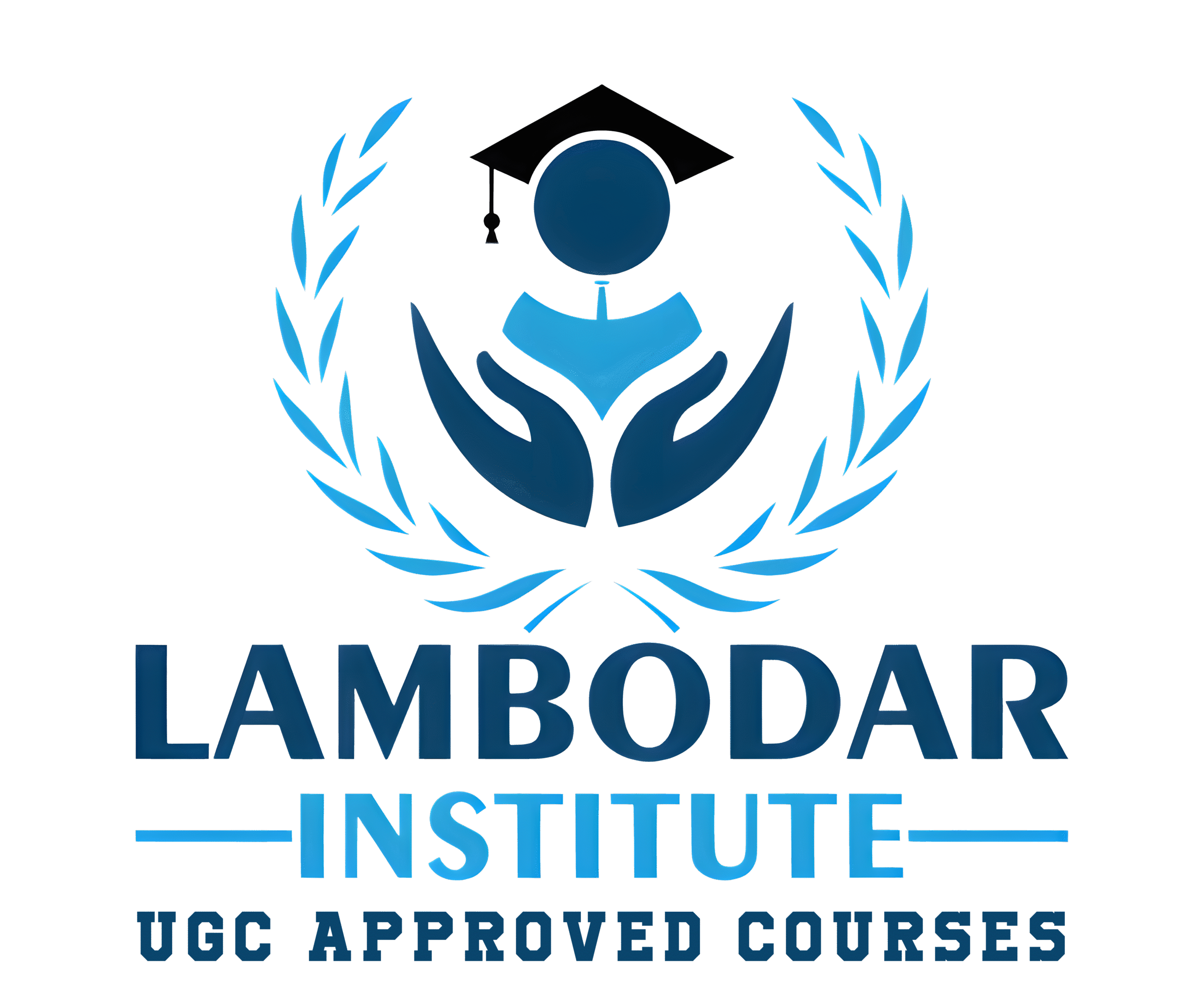The Certificate Course in Consumer Protection at Lambodar Institute is designed to provide students with a thorough understanding of the legal rights of consumers and the mechanisms in place to protect them. With the growing complexities of markets and increasing consumer awareness, knowledge of consumer protection laws has become crucial. This course is ideal for law students, business professionals, and anyone interested in understanding the legal frameworks that safeguard consumer interests.
The course covers the key principles of consumer protection, focusing on the rights of consumers, the responsibilities of businesses, and the legal procedures available to address consumer grievances. It equips students with the knowledge needed to handle consumer-related legal issues and provides an understanding of how to prevent and resolve disputes between businesses and consumers.
Course Content
1. Introduction to Consumer Protection Law
This module introduces students to the basics of consumer protection law, including the historical development and the legal foundations of consumer rights. It provides an overview of the key statutes and regulations that protect consumers in different sectors.
2. Consumer Rights and Responsibilities
Students will learn about the rights of consumers as enshrined in consumer protection laws, such as the right to safety, the right to be informed, the right to choose, and the right to be heard. This module also covers the obligations that consumers have in the marketplace.
3. Consumer Dispute Resolution
This module covers the various avenues available to consumers to resolve disputes with businesses, including consumer courts, arbitration, and mediation. It also addresses the role of consumer protection agencies and organizations in addressing consumer complaints.
4. E-Commerce and Consumer Protection
With the rise of online shopping, this module focuses on the protection of consumers in e-commerce transactions. Topics include online fraud prevention, data privacy, and the legal responsibilities of online platforms.
5. Unfair Trade Practices and Misleading Advertisements
This section examines the laws related to unfair trade practices, including deceptive advertising, product misrepresentation, and fraudulent business practices. Students learn how the law addresses such issues and protects consumer interests.
6. Legal Remedies for Consumers
Students will gain insight into the legal remedies available to consumers in case of violations of their rights, including compensation, replacement, or repair of defective goods, and legal actions for misleading practices.
Graduates of this course will be well-prepared for careers in legal firms, consumer protection agencies, or corporate compliance roles where they can apply their knowledge to protect consumer rights and ensure business accountability.




